_story.jpg)
Strategic partnerships in the big tech space are not out of the ordinary. Back in November 2021, Sega announced that it is considering one such partnership with Microsoft Azure to build large-scale games in a “next-generation development environment” under the Super Games initiative. Today, another game tycoon, Unity, has joined hands with Microsoft.
In more concrete terms, Unity has selected Azure as its partner to harness the power of the cloud to build and manage real-time 3D (RT3D) experiences. For Microsoft, the benefit of this partnership is that developers will be able to build immersive experiences in the gaming space that they can publish to Xbox and PC. That said, Microsoft hasn't stated that Azure-powered games won't be publishable to PlayStation.
Here is what the Redmond tech giant has stated:
The magic of 3D interactive experiences born in games is quickly moving to non-gaming worlds. Unity is building a platform-agnostic, cloud-native solution that meets the wide-ranging needs of all developers from enterprise through citizen creators. By giving creators easy access to RT3D simulation tools and the ability to create digital twins of real-world places and objects, Unity is offering creators an easy path to production of RT3D assets, whether for games or non-gaming worlds. To support this evolution, creators require a technical infrastructure that is as dynamic and innovative as they are. Azure is that solution. Built for security and global scalability, Azure already supports some of the world’s largest games and is bringing those battle-tested learnings to power RT3D experiences for all industries. As the need for real-time simulation becomes central to every industry ranging from e-commerce to energy, manufacturing to medical and more, Unity and Microsoft are building the creator cloud that empowers 3D artists to build and run those experiences on Azure.
Microsoft believes that democratizing these technologies will enable developers to reach wider audiences in the future while building more immersive RT3D experiences.










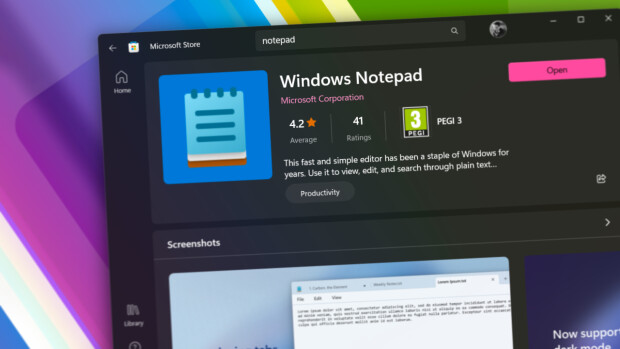
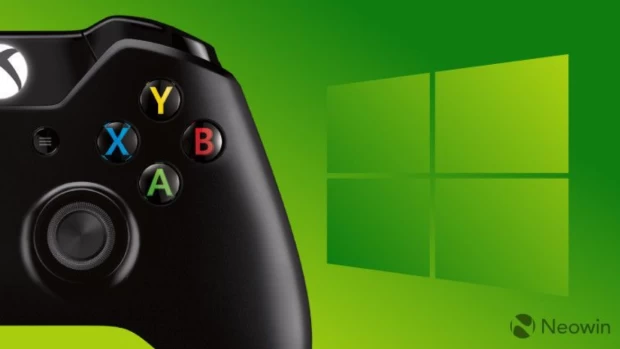
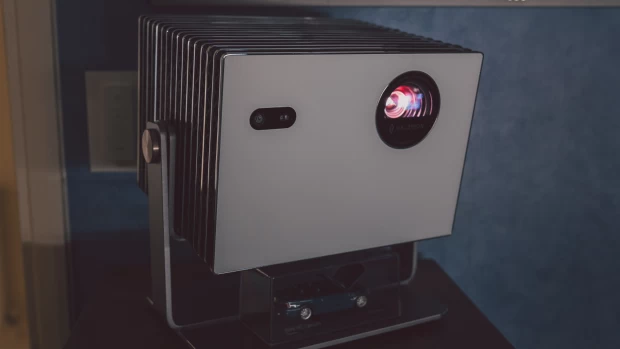
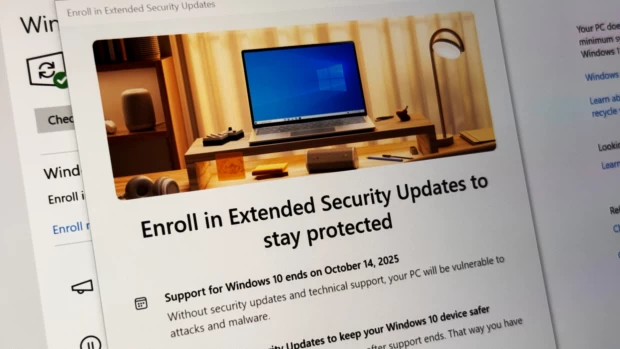
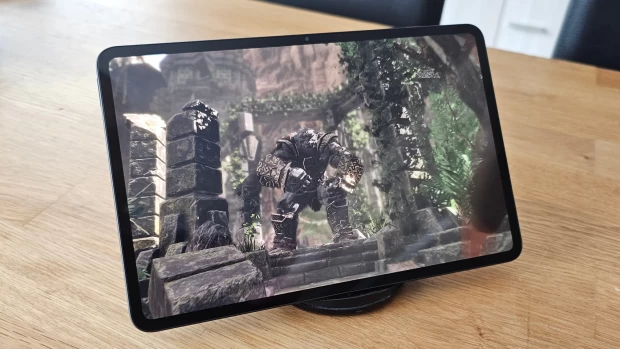





1 Comment - Add comment